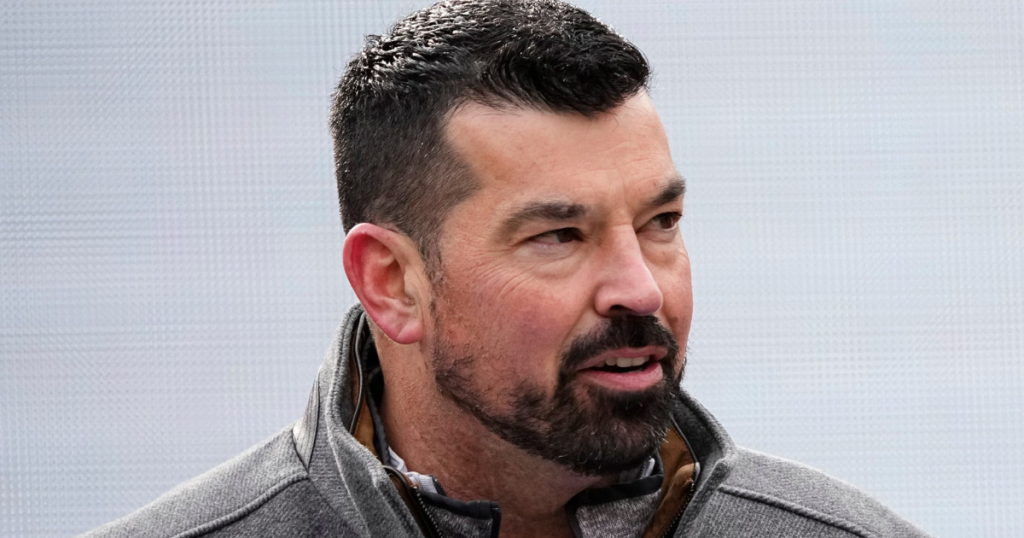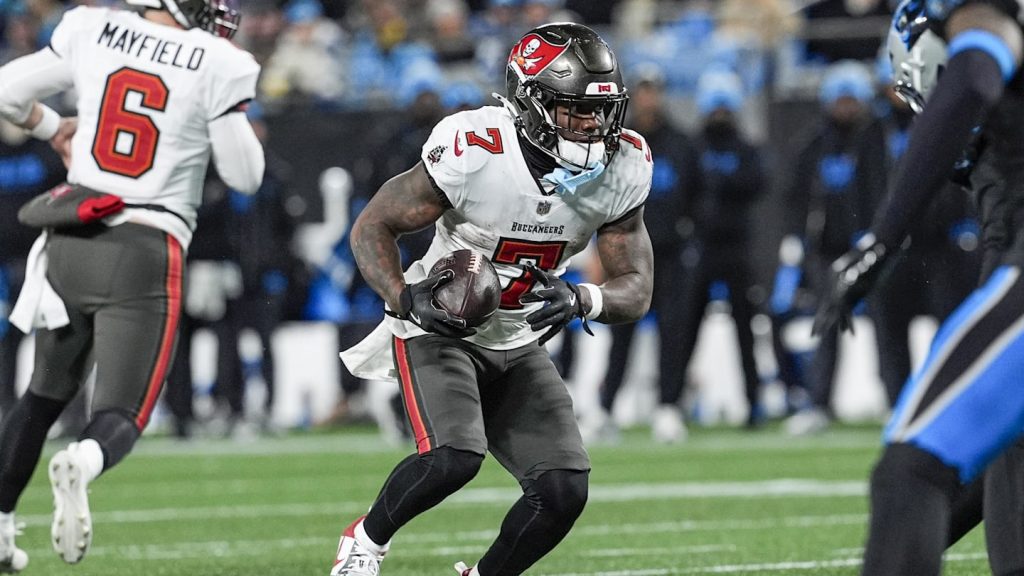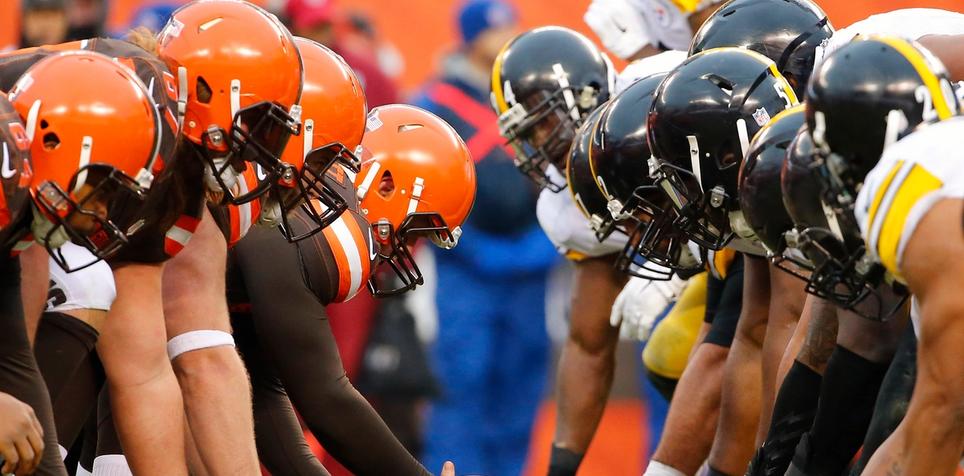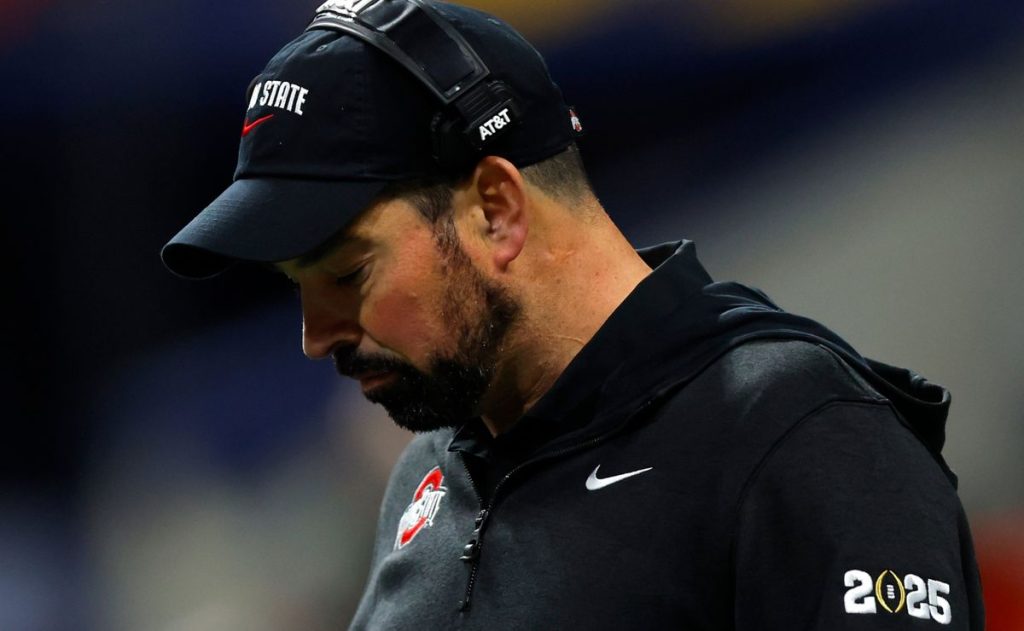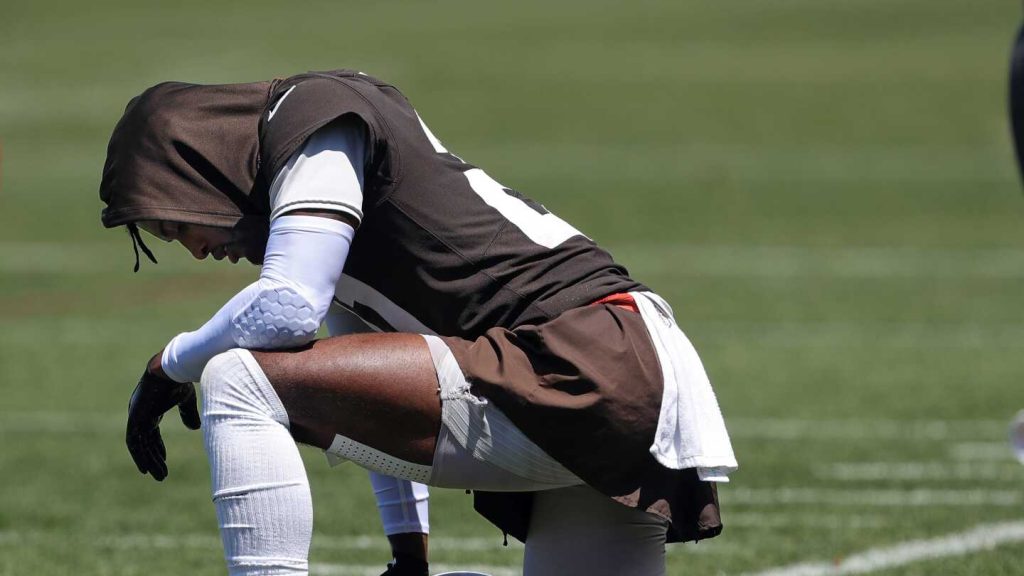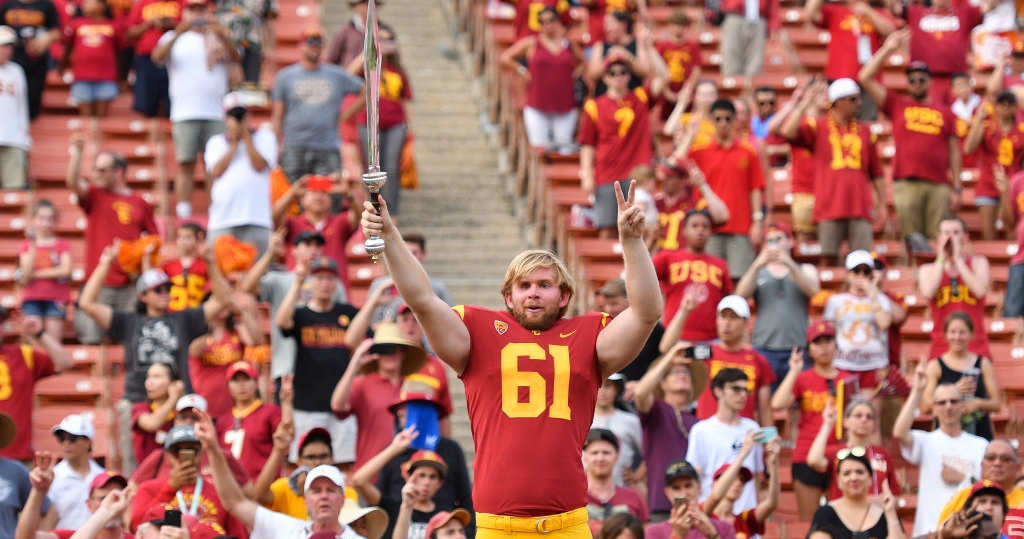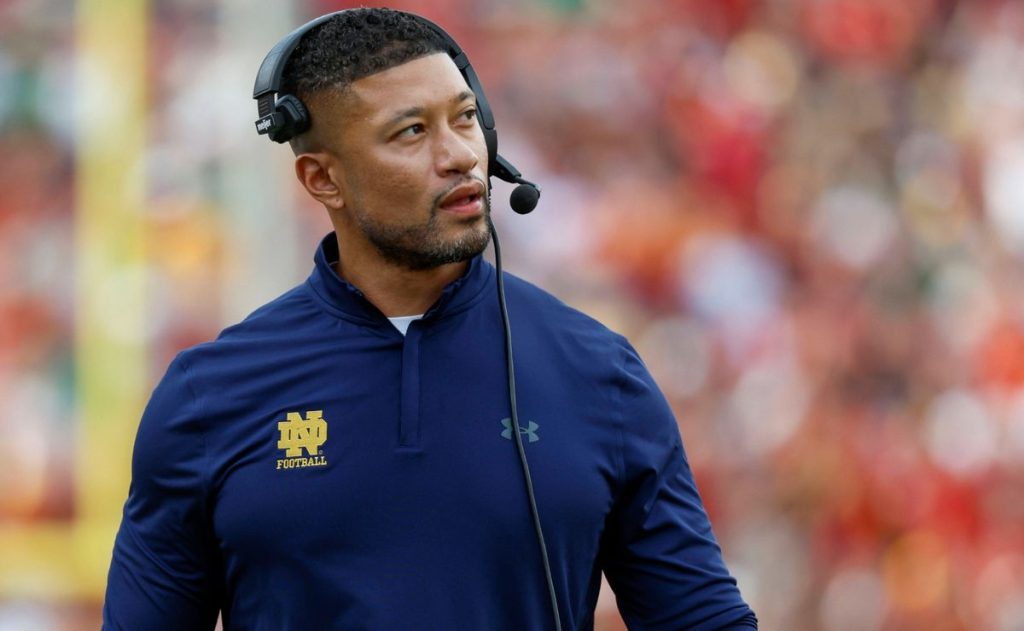In the world of college football, the integrity of the game is under scrutiny. Recently, Ohio State’s head coach, Ryan Day, shared his thoughts on a pressing issue: the enforcement of rules—or the glaring lack thereof. During an appearance on ‘The Joel Klatt Show,’ Day voiced his concerns about the current state of college athletics, particularly regarding the implications of rule-breaking on the future of the sport.
Enforcement: The Core Problem
Day emphasized that the real challenge lies not in the existence of rules but in their enforcement. “I’m just saying, in general, one of the biggest problems we have in college football right now is enforcement,” he stated. This issue transcends specific infractions like tampering; it touches on the very foundation of how the game is governed. Without proper enforcement, rules become meaningless, leading to a chaotic environment where players and coaches may feel justified in disregarding them.
The Impact on Future Generations
The ramifications of this lack of enforcement are profound. Day pointed out that a new generation of coaches is entering the Football Bowl Subdivision (FBS) with a troubling mindset. “I think there’s a generation right now of young coaches that are coming up in this profession that are saying, you know, why do I follow the rules, you know?” This sentiment raises a critical question: What kind of example are we setting for the future leaders of college football? If young coaches perceive a culture of rule-breaking as acceptable, what does that mean for the integrity of the sport?
Day’s concerns extend beyond mere compliance; they touch on the very essence of integrity in college athletics. “Integrity, sure. We all have integrity. But there needs to start becoming some sort of penalties for breaking the rules,” he argued. Without consequences, the cycle of disregard for regulations will only perpetuate, leading to a generation of coaches who may prioritize winning over ethical behavior.
A Call for Structural Change
The NCAA faces a significant challenge in addressing these issues. Day believes that a comprehensive review of the current structure is essential. “So, now, again, I’m not just talking about tampering. I’m just saying, in general,” he reiterated. The need for a more robust enforcement mechanism is critical to restoring faith in the system. Without it, the sport risks losing its credibility and the trust of fans, players, and coaches alike.
Band-Aids Won’t Fix the Problem
Day expressed frustration with the temporary solutions often implemented to address these issues. “We’re putting these band-aids and patches and different things on them and we continue to move on and that’s fine,” he remarked. While the product on the field may be entertaining, the underlying problems threaten the sport’s integrity. “I want to look up in a few years and not recognize what’s going on,” he admitted, highlighting the urgency of the situation.
The reality is that college football is at a crossroads. The decisions made today will shape the future of the game. Day’s passionate plea for integrity and accountability serves as a reminder that the sport is about more than just wins and losses; it’s about developing young men who will carry the values of discipline and respect into their future endeavors.
What Can Be Done?
So, what can be done to address these pressing concerns? First and foremost, the NCAA must take a proactive approach to enforcement. This involves not only establishing clear guidelines but also ensuring that there are tangible consequences for those who violate them. By creating a culture of accountability, the NCAA can help restore trust in the system.
Moreover, education plays a vital role in shaping the attitudes of young coaches and players. By instilling a sense of responsibility and ethical behavior from the outset, the sport can cultivate a new generation that values integrity as much as victory. Coaches must lead by example, demonstrating that following the rules is not just a choice but a fundamental aspect of the game.
The Future of College Football
As college football continues to evolve, the importance of maintaining its integrity cannot be overstated. Day’s insights shed light on the critical need for a reevaluation of how rules are enforced and the implications for future generations. The sport has the potential to inspire and uplift, but it must do so with a commitment to fairness and accountability.
In the end, college football is not just a game; it’s a community that shapes the lives of countless individuals. By prioritizing integrity and enforcing rules effectively, we can ensure that the future of college football remains bright, competitive, and honorable. The time for action is now—let’s work together to create a better environment for everyone involved in this beloved sport.

